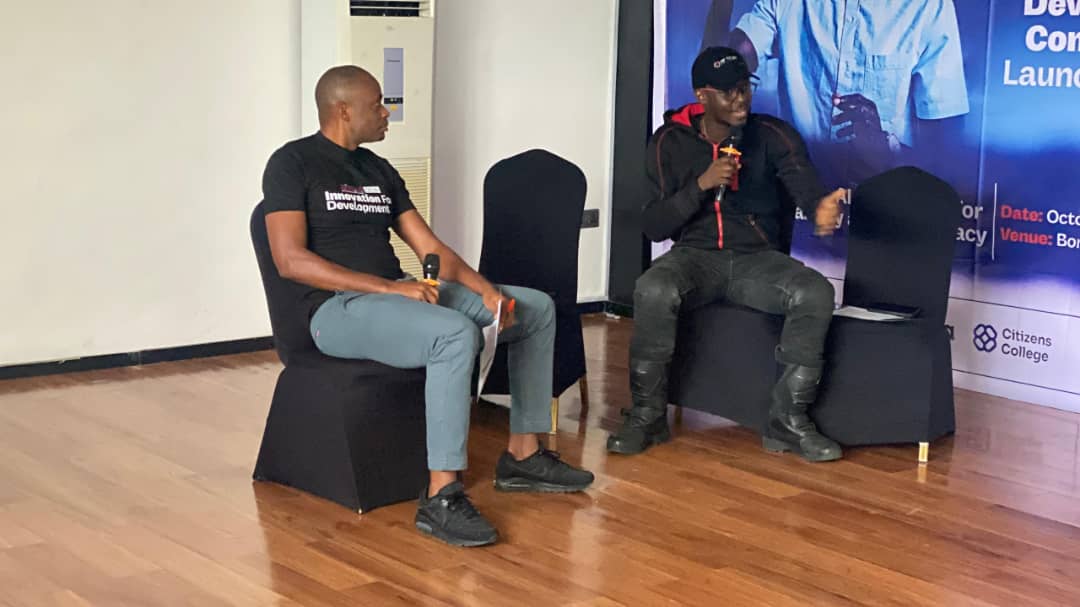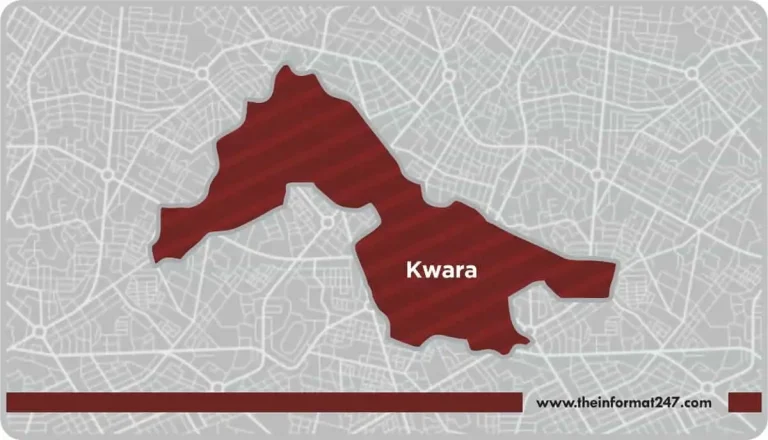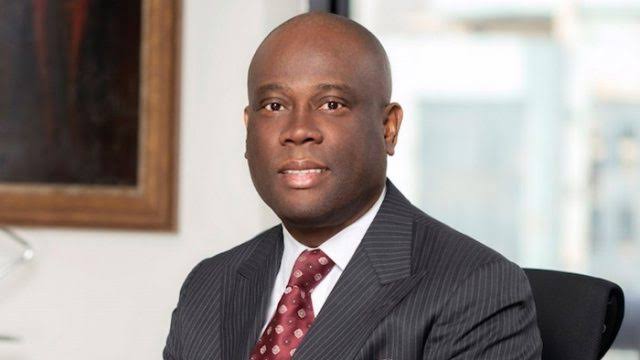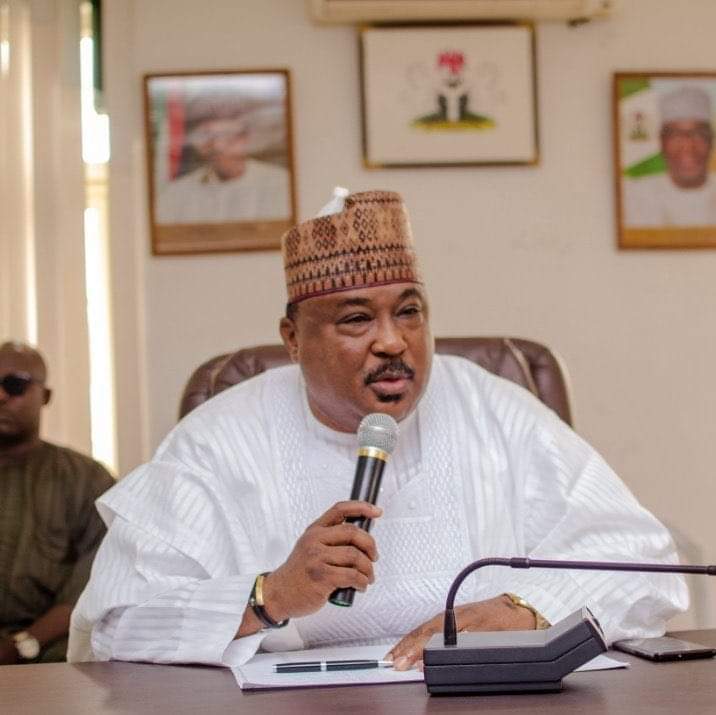Experts call for ethical frameworks to guide AI adoption in Nigerian newsrooms
Media practitioners and technology experts have underscored the urgent need for ethical guidelines, newsroom policies, and contextual understanding to ensure the responsible integration of Artificial Intelligence (AI) in Nigerian journalism.
They made these remarks during a panel session themed “AI Adoption: Lessons from the Newsroom”, featuring seasoned journalists Tajudeen Sulaiman, Ajibola Amzat, Mojeed Alabi. The session was part of a broader forum on AI and media convened by the New Thoughts Media Support Foundation (NTMSF).
Ethics and Context Still Central to Journalism
One of the panelists emphasized that while AI offers powerful tools for content production, it cannot replace the human judgment and contextual understanding required in journalism.
“In our newsroom, you don’t report without context and background.
A lot of people now just upload materials online, and you can tell there’s no human factor or face there,” the speaker noted. “Ethics is number one. Number two is subject knowledge. AI can’t give you the historical context behind a story. Young journalists often skip that part, and it’s a major challenge.”
The panel agreed that AI should serve as a tool to enhance journalism rather than replace fundamental reporting skills such as research, fact-checking, and ethical judgment.
Developing a Newsroom AI Culture
Tajudeen Sulaiman shared insights from his newsroom’s early engagement with AI. Initially, his team viewed AI with suspicion, associating it with the spread of fake news. However, their perspective shifted after targeted capacity-building initiatives.
“We invited experts to train our reporters on how to use AI tools effectively,” Sulaiman said. “Currently, our editors and reporters use AI mainly for editing purposes, which we’ve found to be the safest entry point.
But we don’t yet have a formal policy. That’s something we’ll need to develop—an ethical newsroom culture for AI use, just like other professional standards.”
He stressed that every newsroom should adopt structured policies for AI use to maintain credibility and accountability.
Need for Ethical Frameworks and Professionalization
Mojeed Alabi argued that the lack of codified ethical frameworks in Nigerian journalism is a deeper problem that must be addressed alongside AI adoption.
“In medicine or law, there are structured entry and exit points, but journalism in Nigeria is largely open-ended,” Alabi observed. “Before we talk about AI frameworks, we must define who is a journalist and establish clear ethical guidelines. Otherwise, lawlessness will persist.”
He shared examples of newsroom-developed tools used to verify content and prevent errors, stressing the need for industry-wide standards.
Data Protection and Accountability
The panel also discussed data protection as a critical issue for Nigerian media organizations. One speaker noted that media houses must differentiate their products and secure their data against unauthorized use by AI developers and third parties.
“If we’re using AI, we should be transparent enough to declare the parts of our work done by AI tools,” the speaker said, adding that accountability is essential if journalists expect to hold others to similar standards.
Panelists acknowledged the tension between leveraging AI’s benefits and protecting proprietary content but agreed that clear policies and collective industry action are needed.
Balancing AI’s Benefits and Risks
Speakers highlighted the dual nature of AI: while it can improve efficiency and innovation, it also poses ethical and societal risks. One panelist pointed out that AI affects minority groups differently and that its deployment must be handled responsibly.
“There are always two sides to the coin,” the speaker said. “We can’t avoid AI, but we must commend those who started early and continue improving through fact-checking and ethical use.”
In summary, the panel called for:
Development of newsroom-specific AI policies.
Reinforcement of journalistic ethics and contextual reporting.
Codified frameworks for professional practice in Nigerian journalism.
Stronger data protection measures.
Continuous training and responsible adoption of AI tools.






